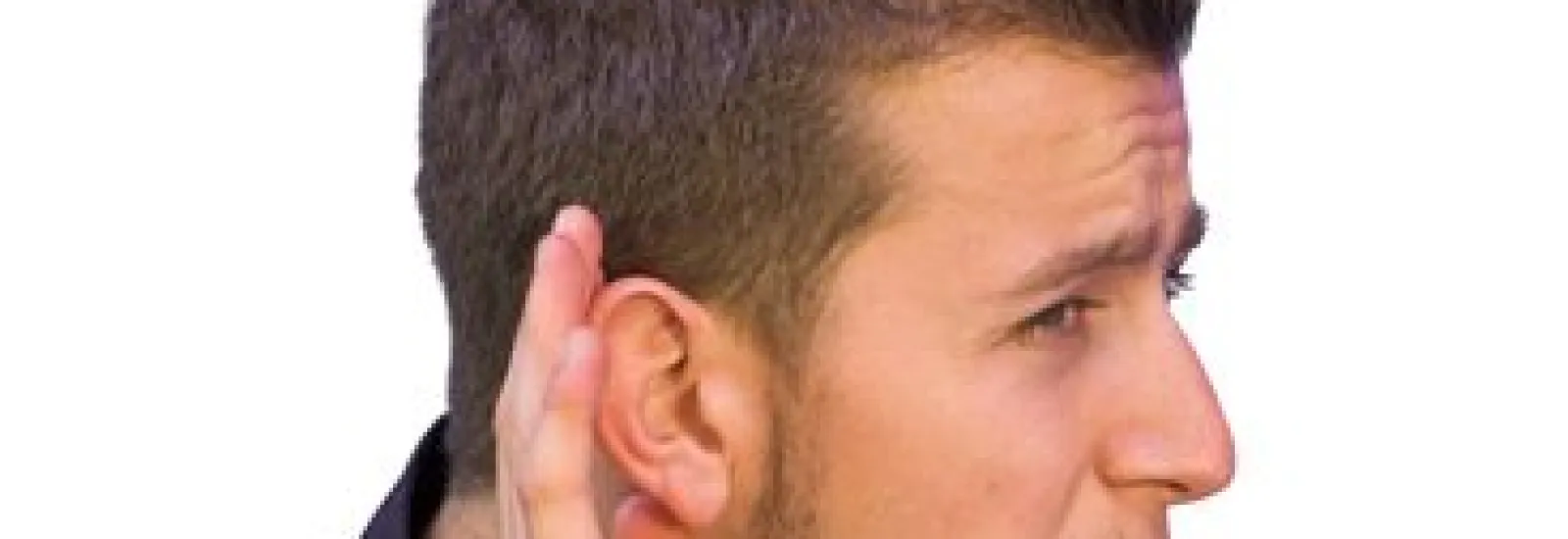
What is noise-induced hearing loss, and who is at risk?
Noise-induced hearing loss is a condition caused as the name suggests by loud sounds. This is a potentially permanent impairment but it’s fortunately nearly 100 percent preventable says the National Institute on Deafness and Other Communication Disorders (NIDCD). Learn who’s at risk and steps you can take to make sure it doesn’t happen to you.
Who is at risk of experiencing noise-induced hearing loss?
Noise-induced hearing damage is among the most common job-related illnesses in the United States according to the Better Hearing Institute but you don’t have to work in an industrial environment to be at risk. Exposure to any loud sound for a long enough period of time can lead to hearing loss according to the American Hearing Research Foundation. B

How does noise damage my hearing?
Listening to music seems like a simple pleasure but your body goes through a complex process to interpret those sounds. There are three main parts of the auditory system: the outer ear (containing the ear drum and ear canal) the middle ear (which has tiny bones) and the inner ear (where there are tiny hair cells). Together these three groups of structures help to transmit signals to your brain which you interpret as sound. Damaging any part can contribute to hearing loss. According to NIDCD most noise-induced loss is caused by damage to the hair cells in the inner ear which won’t grow back after dying.
How do I prevent hearing loss?
The first step in preventing noise-induced hearing loss is knowing what kinds of sounds damage your hearing. Loud sounds above 85 decibels and particularly high-frequency sounds are most damaging. After you understand the types of noises that cause hearing loss you can try to avoid them. Turn down your stereo and seat yourself a safe distance from loud events like fireworks displays and concerts. Maybe your mother knew what she was talking about after all when she told you to turn the music down!
Some loud sounds like those in the workplace are unavoidable. When you know you cannot avoid loud noises plan to wear hearing protection devices like earplugs or noise-cancelling headphones.
If you think you might have impaired hearing seek the advice of an otolaryngologist (an ear nose and throat doctor or ENT for short) or audiologist.
Taking steps to avoid loud sounds or protect yourself when loud noises are unavoidable will help you to keep your hearing healthy for decades to come.
Image source: Flickr

